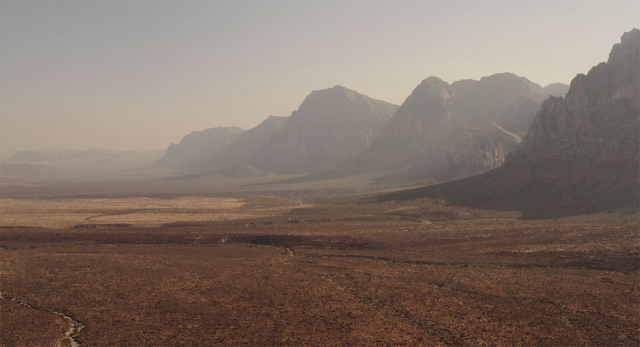I am excited to see the efforts behind endasfmascotry.com/ and perhaps it can spark momentum for even more settler allyship. #NotYourMascot #Apache
Let me share some of the things I have learned about being a better settler ally in support of reconciliation and #LandBack:

ASF and “Native”-themed Mascotry
ASF has been “playing Indian” for decades. There is no respectful way to appropriate and it’s long past the time for ASF to change its name and branding.www.endasfmascotry.com
e. hashman
in reply to e. hashman • • •- Recognize the crimes and harms of settler colonialism
- Learn about whose land we live on and benefit from
- Learn about ourselves and our complicity in this tangled history
- Work to make amends
e. hashman
in reply to e. hashman • • •e. hashman
in reply to e. hashman • • •en.wikipedia.org/wiki/Sixties_…
en.wikipedia.org/wiki/Saskatoo…
en.wikipedia.org/wiki/Missing_…
Canadian policy of taking Indigenous children from their parents and placed into adoption.
Contributors to Wikimedia projects (Wikimedia Foundation, Inc.)e. hashman
in reply to e. hashman • • •e. hashman
in reply to e. hashman • • •Welcome - Native-Land.ca
Native-Land.cae. hashman
in reply to e. hashman • • •As an example, I live on Coast Salish land in so-called Seattle, Washington, USA. I use this broad cultural term because many nations shared the land I now reside on: Duwamish, Suquamish, Muckleshoot, Stillaguamish, Puyallup, Tulalip, Lummi, and others.
I began to support Duwamish Tribal Services on an ongoing basis through their "Real Rent" program, and try to make grants to tribal foundations if I visit or use a nation's historic land.
en.wikipedia.org/wiki/Coast_Sa…
realrentduwamish.org/
Real Rent Duwamish
Real Rent Duwamishe. hashman
in reply to e. hashman • • •I also began learning about the treaties that allowed me to live here, and the context in which they were signed, where mass death due to numerous smallpox pandemics left majorities of the people in these communities dead or disabled. Under these apocalyptic conditions, the treaties of Point Elliott and Point No Point were signed in 1855.
en.wikipedia.org/wiki/1862_Pac…
en.wikipedia.org/wiki/Treaty_o…
en.wikipedia.org/wiki/Point_No…
1855 treaty between the United States and Native Americans
Contributors to Wikimedia projects (Wikimedia Foundation, Inc.)e. hashman
in reply to e. hashman • • •Generous treaties were not enough for our colonizer ancestors. They sought complete domination of Indigenous peoples. Chief Seattle's own white son-in-law resented traditional, tribal housing and the dignity and community it provided. He burned down his family's longhouse.
The US government made every effort to force Indigenous peoples out of their traditional ways of life to fuel the economy with more workers and acquire more land and resources.
en.wikipedia.org/wiki/Old_Man_…
seattleweekly.com/news/the-man…
The Man Who Burned Down Chief Seattle’s Lodge
David Lewis (Seattle Weekly)e. hashman
in reply to e. hashman • • •To this day, we still violate the most basic of treaty rights, while abusing the land we've taken. Hydroelectric dams threaten entire ecosystem collapse through the risk of salmon extinction. Widespread pollution has left traditional food sources unsafe to eat.
civileats.com/2021/06/23/reneg…
propublica.org/series/broken-p…
propublica.org/article/toxic-s…
Renegade Biologist Alexandra Morton Is Fighting for the Future of Wild Salmon
Civil Eatse. hashman
in reply to e. hashman • • •If this is your first time learning this, you may find yourself a bit overwhelmed. Indigenous peoples have been living in some state of apocalypse since colonists arrived. I myself learned little of this in primary school, and such studies concluded with the silent assumption that "everything is better now!" It's not. Rather than look away, perhaps you'll be inspired to learn more? I highly recommend @pattyk's new book, Becoming Kin.
broadleafbooks.com/store/produ…
Becoming Kin: An Indigenous Call to Unforgetting the Past and Reimagining Our Future
Broadleaf Books